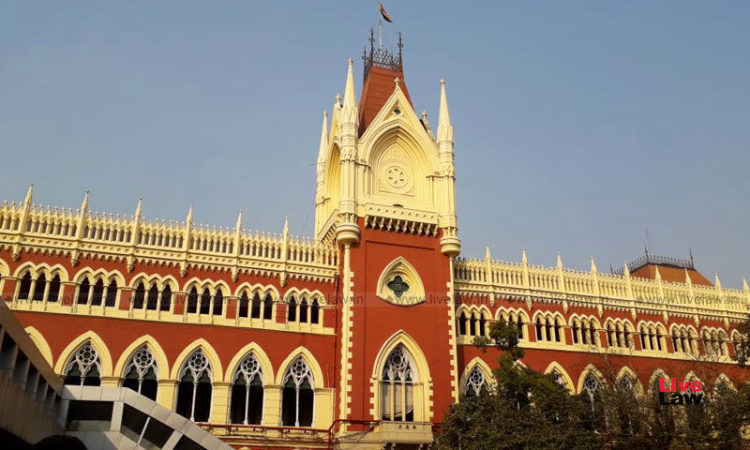The Calcutta High Court recently ruled that the Labour Courts/Tribunals constituted under the Industrial Disputes Act, 1947 have the power to exercise jurisdiction under Section 2A(2) of the Act and that the Repeal and Amendment of the Industrial Disputes (Amendment) Act, 2010 as a whole, by the Repeal and Amendment Act of 2016, neither has the effect of removing the said section from the...

